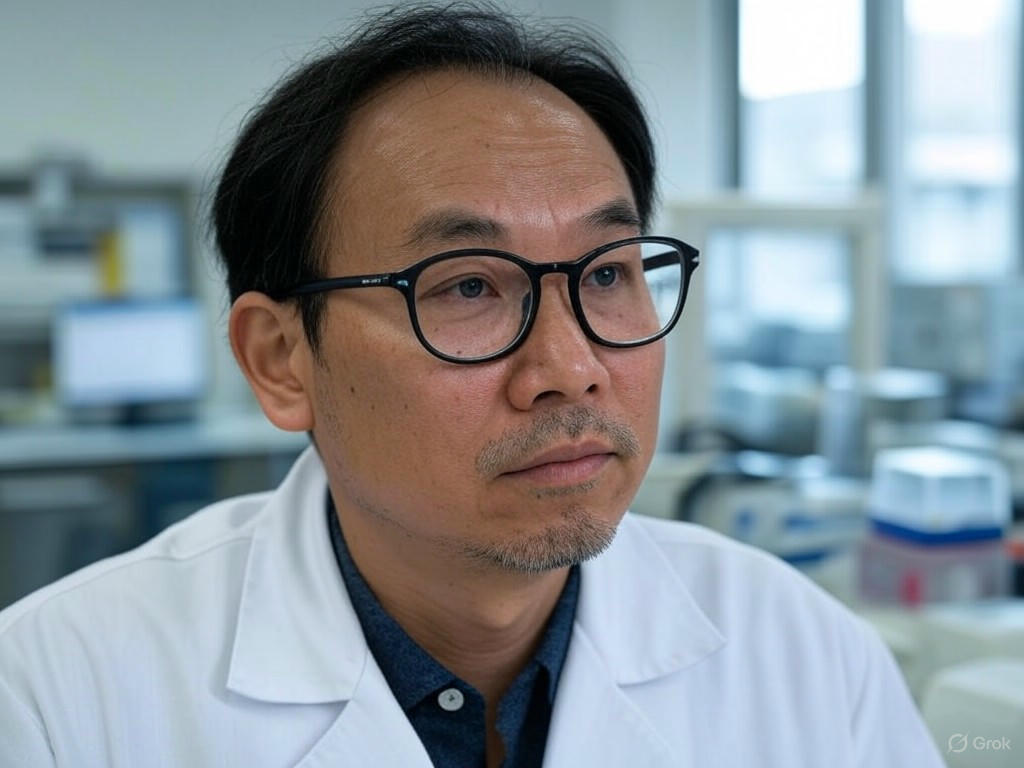Revolutionizing Cancer Care: Targeted Drugs Poised to Outshine Chemotherapy
The landscape of cancer treatment is on the brink of a monumental shift as pharmaceutical giants race to develop targeted therapies that could potentially eclipse traditional chemotherapy. Companies such as AstraZeneca, Pfizer, Merck, and Daiichi Sankyo are at the forefront of this transformation, harnessing cutting-edge technology to create antibody-drug conjugates (ADCs). These innovative drugs are designed to deliver potent cancer-killing agents directly to tumor cells, minimizing damage to healthy tissues and reducing the harsh side effects often associated with conventional treatments.
For decades, chemotherapy has been a cornerstone of cancer care, but its broad-spectrum approach often leads to debilitating side effects like nausea, fatigue, and hair loss. The promise of ADCs lies in their precision. By linking powerful drugs to antibodies that specifically target cancer cell markers, these therapies aim to attack malignancies with sniper-like accuracy. Recent advancements have shown encouraging results, with several drugs in late-stage clinical trials demonstrating improved outcomes for patients with specific types of cancer, including breast and lung cancers. What sets this new wave of development apart is the lessons learned from earlier failures. Past attempts at ADCs were plagued by issues like toxicity and limited effectiveness, but today’s researchers are refining their methods, optimizing drug delivery, and enhancing safety profiles to ensure better patient experiences.
The implications of this progress are profound, not only for patients but also for the pharmaceutical industry. As these therapies move closer to regulatory approval, drugmakers are investing heavily in research and partnerships to accelerate their journey to market. The potential to replace or supplement chemotherapy for certain patient groups represents a multi-billion-dollar opportunity, as well as a chance to redefine standards of care. Moreover, the shift toward personalized medicine—where treatments are tailored to an individual’s genetic makeup or tumor characteristics—aligns perfectly with the ADC approach. This could mean a future where a diagnosis of cancer no longer equates to a grueling chemotherapy regimen, but instead a customized plan that targets the disease with minimal collateral damage.
However, challenges remain. Not all cancers have identifiable markers that ADCs can target, and the high cost of developing and manufacturing these complex drugs could limit accessibility for some patients. Additionally, long-term data on efficacy and safety is still needed to fully understand their impact. Despite these hurdles, the momentum behind targeted therapies is undeniable. Industry leaders are optimistic that within the next decade, a significant number of cancer patients could see their treatment plans shift away from traditional methods toward these innovative solutions.
As science continues to unravel the complexities of cancer, the hope for less invasive, more effective treatments grows stronger. The work being done by pharmaceutical innovators today could very well pave the way for a new era in oncology, offering patients not just survival, but a better quality of life during their fight against cancer.


